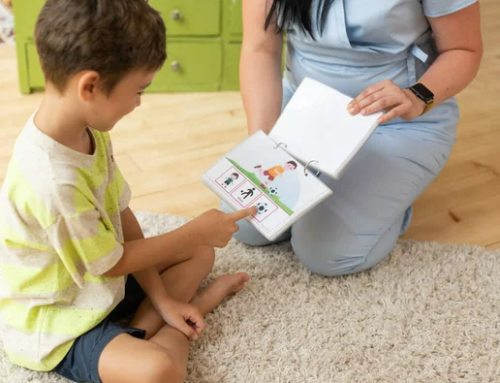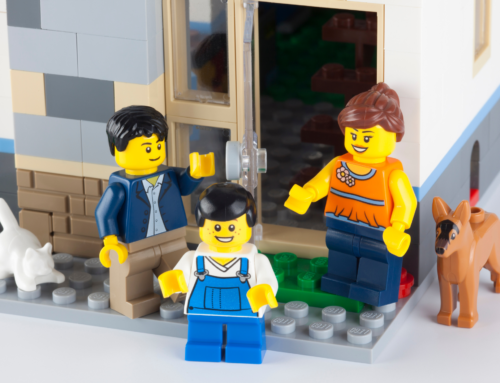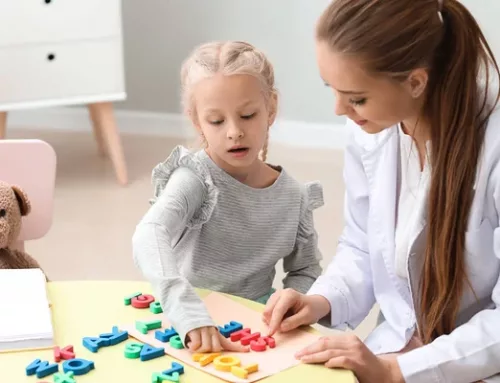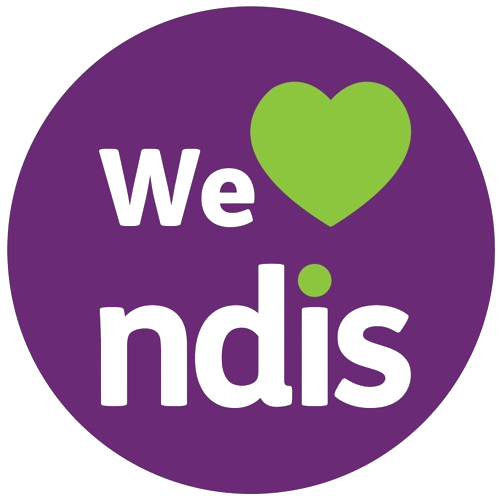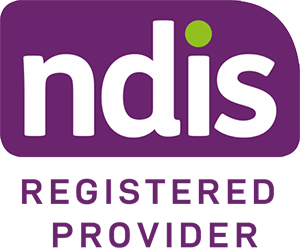Before even beginning kindergarten, children have already had exposure to many different literacy experiences. These includes things such as tracing their name at preschool, having a book read to them and clapping out sounds in words. Upon entering kindergarten children will have many new rich literacy experiences, from beginning to read their first books, to starting to write short words, to identifying the sounds within words.
The NSW Department of Education defines literacy as the ability to understand and evaluate meaning through reading, writing, listening and speaking, viewing and representing (NSW Literacy K-12 policy, 2007). One of the most common literacy skills which children in kindergarten will start developing and continue to work on throughout the early school years is reading.
Skills involved in reading
Although learning to read may at first appear to be a simple task that children, ’just appear to learn over time’, it is in fact a complex skill that requires explicit learning and practicing lots of different smaller skills over time!
One way to help parents understand the different skills involved in early reading can be shown through the Simple View of Reading.

Decoding (identify and correctly reading words)
To accurately decode (read) a word, a child must quickly look at the letters in the word, recall the sound associated with each letter and then blend them all together to correctly read the word. If a child does not know what sound corresponds to each letter, they will not be able to correctly read the word. Over time (and with lots and lots of practice) children learn to do all of this within a fraction of a second.
Language comprehension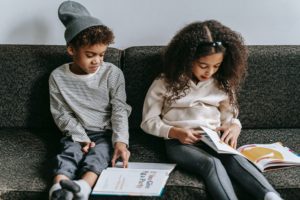
In order to effectively comprehend a written sentence, a child must understand what each word in the sentence means individually (vocabulary) as well as the overall meaning of the sentence in context. If a child does not understand what a specific word means when it is said, they will not be able to understand what the word means when they read it.
Reading comprehension
This model shows that children must learn to both recognise the word and comprehend (understand) what the word means to be competent readers. Explicit instruction at school and lots of practise is required for children to become competent and confident readers. Who though that learn to read was in fact this complex?!
Literacy in the classroom
Throughout kindergarten and into the early years of school, your child’s teacher will complete regular observations and short assessments on how your child’s literacy skills are progressing.
Many schools currently use assessments such as: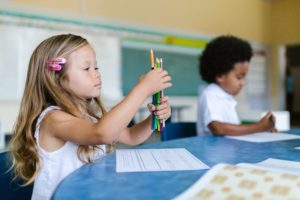
- Best Start Kindergarten Assessment (compulsory for NSW public schools)
- Year 1 Phonics Screening Check (compulsory for NSW public schools)
- Range of literacy assessments available to teachers on the NSW Department of Education Portal
- YARC (York Assessment of Reading Comprehension)
- DIBELS (Dynamic Indicators of Basic Early Literacy Skills)
These assessments, along with observation in the classroom of how your child’s literacy skills are developing, provide teachers with valuable information about how your child’s literacy skills are developing in comparison to their peers and whether further assessment and / or intervention is recommended.
Intervention for literacy difficulties
Speech pathologists are tertiary trained professionals who can provide intervention support for literacy difficulties. Individual intervention support is tailored specifically to the areas of literacy difficulties each child requires support with. For example, one child may require support to say the correct sound when they are shown a letter and another child may require support to develop their vocabulary skills during both listening and reading tasks. Intervention support is much more effective when it specifically targets the area(s) each child required support in.
A child does not need to have a specific learning disorder in literacy (commonly referred to as dyslexia) to benefit from intervention to target their literacy skills. Children with early speech or language difficulties are at an increased risk for developing literacy difficulties but with early identification of any difficulties and application of appropriate supports where needed, these children can develop in all areas of their literacy skills.
Strategies to use at home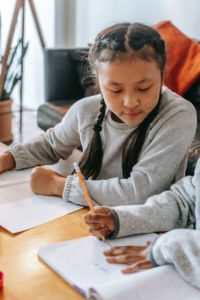
With children learning so many new literacy skills in the first year of school, it can become overwhelming for parents to know what literacy skills are expected for their age. Parents should be guided by their child’s teacher to help determine which areas your child may require additional practice or support in. Some general strategies which you can use with your child at home to help develop their phonological awareness and phonics (important skills in early literacy) are:
- Clap out the syllables (parts) in words e.g., “el-e-phant”.
- Talk about the first sound in words e.g., “I see a cat, cat start with c.” Encourage your child to say the word and the letter sound.
- Point out words in the environment and talk about the letter sounds at the start of the word e.g., “Coles starts with C”.
- Talk about the last sound in words e.g., “Dog, dog ends in g.” Encourage your child to say the word and the letter sound.
- Say a sound and ask your child to think of words that start with that sound.
- Say three sounds and blend them together to make a word e.g., “s – a – t”. Put them together – it makes sat.”
- Say a word and then break it up into its sounds e.g., “The word tip has three sounds t – i – p”.
These activities listed above start from easiest at the top, to most difficult down the bottom. You can model each activity and then see if your child can do the skill independently. For all activities, focus on you and your child saying the letter sounds, rather than letter names.
Most importantly, try to make these activities as fun as possible for both you and your child! You will likely get great enjoyment seeing your child’s reading and other literacy skills continue to develop and flourish over time.
Getting support for literacy
There are many great Speech Pathology services around your local community that can be a great support for your child’s literacy skills. Beam Health Speech Pathologists have extensive experience working with families, schools and early years services in Lake Macquarie, Newcastle, Cessnock and Tuggerah providing support in targeting early literacy skills. Some of the services we provide children, families, schools and early years services relating to literacy are below.
For children and families:
- Variety of formal and informal literacy assessments.
- Specific learning disorder assessment and report (completed by Beam psychologists).
- Individual literacy intervention sessions tailored to your child’s needs (both in-person and telehealth services available)
- Kickstart for Kindy groups (run annually shortly before school commencement)
- Small group intervention (groups offered at selected times throughout the year)
For early years services and schools:
- Range of professional development workshops for teachers and early years educators
- Consultative services offered within a response to intervention framework (supporting schools and students at the whole class, small group and/or individual student level)
- Formative and summative literacy assessments
- Small group and/or individual student intervention within the school setting
If you or your child’s teacher/educator have concerns about your child’s literacy skills, our team at Beam Health is here to help.
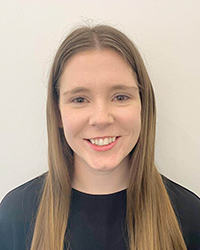
Rebecca
Speech Pathologist, Beam Health
References
Bottari, M. (2020). Phonological Awareness and Phonemic Awareness? Retrieved from Heggerty website: https://heggerty.org/blog/phonological-awareness-and-phonemic-awareness/
Clarke, A. (2020). Phonological Awareness Continuum. Retrieved from the spelfabet website: https://www.spelfabet.com.au/
MultiLit. (2022). The Five ‘Keys’ to Reading. Retrieved from the Five from Five website: https://fivefromfive.com.au/five-keys-to-reading/
New South Wales Department od Education. (2007). NSW Literacy K-12 policy, 2007.
Snow, P. (2021). Retrieved from The Snow Report website: The Simple View of Reading: Still Conclusive After 36 Years. http://pamelasnow.blogspot.com/2019/02/the-simple-view-of-reading-still.html


